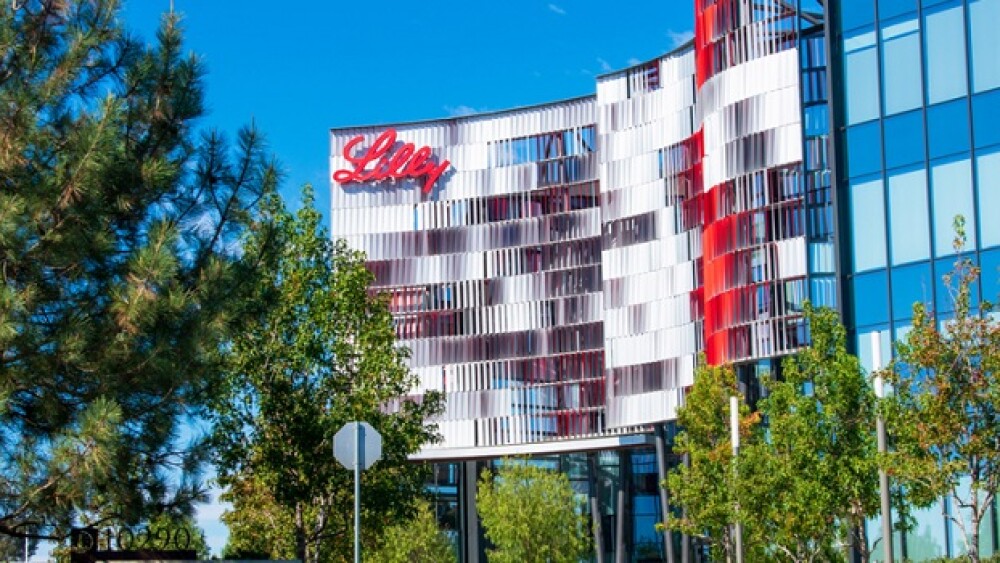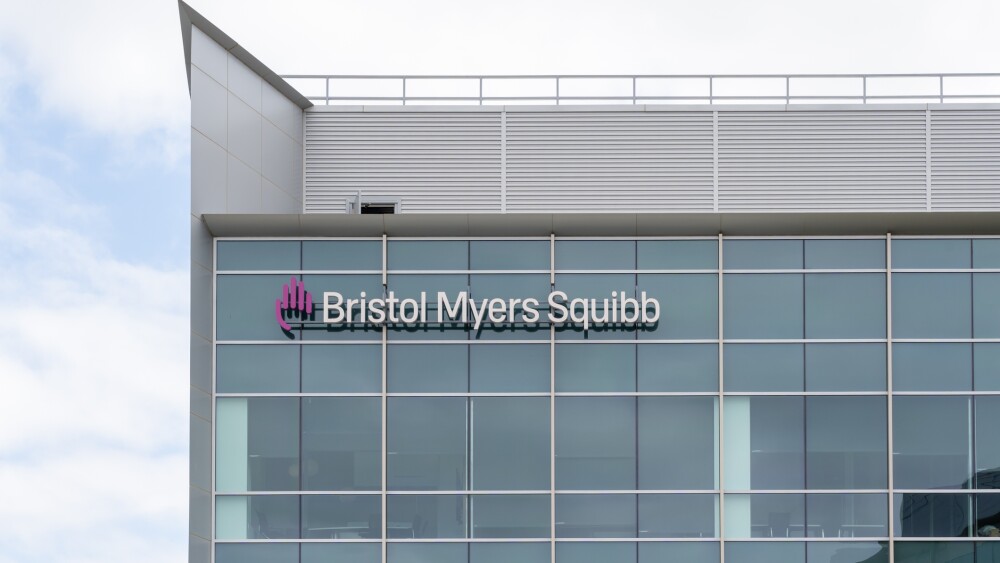July 25, 2017
By Alex Keown, BioSpace.com Breaking News Staff
INDIANAPOLIS – After a stunning rejection of rheumatoid arthritis drug baricitinib by the U.S. Food and Drug Administration in April, Eli Lilly and partner Incyte Corporation said there will now be a significant delay in refiling for approval.
In a joint statement issued late Monday, the two companies said the New Drug Application will be delayed “beyond 2017.” The delay is expected to take a minimum of 18 months due to the FDA’s demand of a new clinical trial, the companies said. However that delay is likely to be longer depending on which filing option the companies take and what additional actions the FDA seeks.
In April, the FDA rejected baricitinib. In its Complete Response Letter, the regulatory agency said it wanted more clinical data on dosing, as well as more data to address broader safety concerns. The safety concerns, which Lilly did not disclose in April have now been shown to be an “observed imbalance in thromboembolic events that occurred during the placebo-controlled period of the RA clinical program,” Lilly said in its announcement. Thromboembolic events, which were diagnosed as deep venous thrombosis (DVT) and pulmonary embolism (PE), were reported in five patients receiving baricitinib during the controlled period of two of seven completed Phase III or Phase II trials in RA. The FDA said a new clinical study is necessary before the two companies can resubmit for authorization.
“We disagree with the FDA’s conclusions, and believe the existing comprehensive clinical data demonstrate there is a positive benefit/risk profile that supports baricitinib’s approval as a new treatment option for people suffering from RA in the United States,” Christi Shaw, president of Lilly Bio-Medicines, said in a statement on Monday. “We are disappointed that resubmission will not occur this year, but are committed to bringing baricitinib to people with RA and we will work with the FDA on the path forward.”
As Lilly and Incyte face delays for baricitinib, other companies such as Sanofi and Regeneron can surge ahead in taking marketshare with their recently approved rheumatoid arthritis drug sarilumab, now dubbed Kevzara. The jointly developed Kevzara also had its stumble as well. In October 2016, the FDA spurned the two companies due to certain deficiencies identified during a routine good manufacturing practice inspection of the Sanofi Le Trait facility in France where sarilumab is filled and finished.
Lilly said the original NDA contained the results of four successful Phase III clinical trials that included more than 3,000 patients across the full spectrum of rheumatoid arthritis. The company said that although an “imbalance was observed during the placebo controlled period of the RA clinical trials, the rate of these events in the overall baricitinib clinical program was consistent with that seen among the general population of treated RA patients.”
In Europe and Japan, where the drug has already been approved, regulators are adapting to the concerns of thromboembolic events by adding warning labels to the drug for patients who have risk factors for DVT and PE, the company said.
Baricitinib is a once-daily oral JAK inhibitor. JAK-dependent cytokines have been implicated in the pathogenesis of a number of inflammatory and autoimmune diseases, suggesting that JAK inhibitors may be useful for the treatment of a broad range of inflammatory conditions, including rheumatoid arthritis, the company said.
In addition for its use as a treatment for rheumatoid arthritis, baricitinib is also being studied in Phase II trials for atopic dermatitis and systemic lupus erythematosus. Baricitinib will also begin a Phase III trial for treating psoriatic arthritis after the turn of the year.
Shares of both companies are down this morning. Eli Lilly is down nearly 4 percent, trading at $82.01 as of 10:42 a.m. Shares of Incyte are down less than 2 percent, trading at $135.90 as of the same time.





